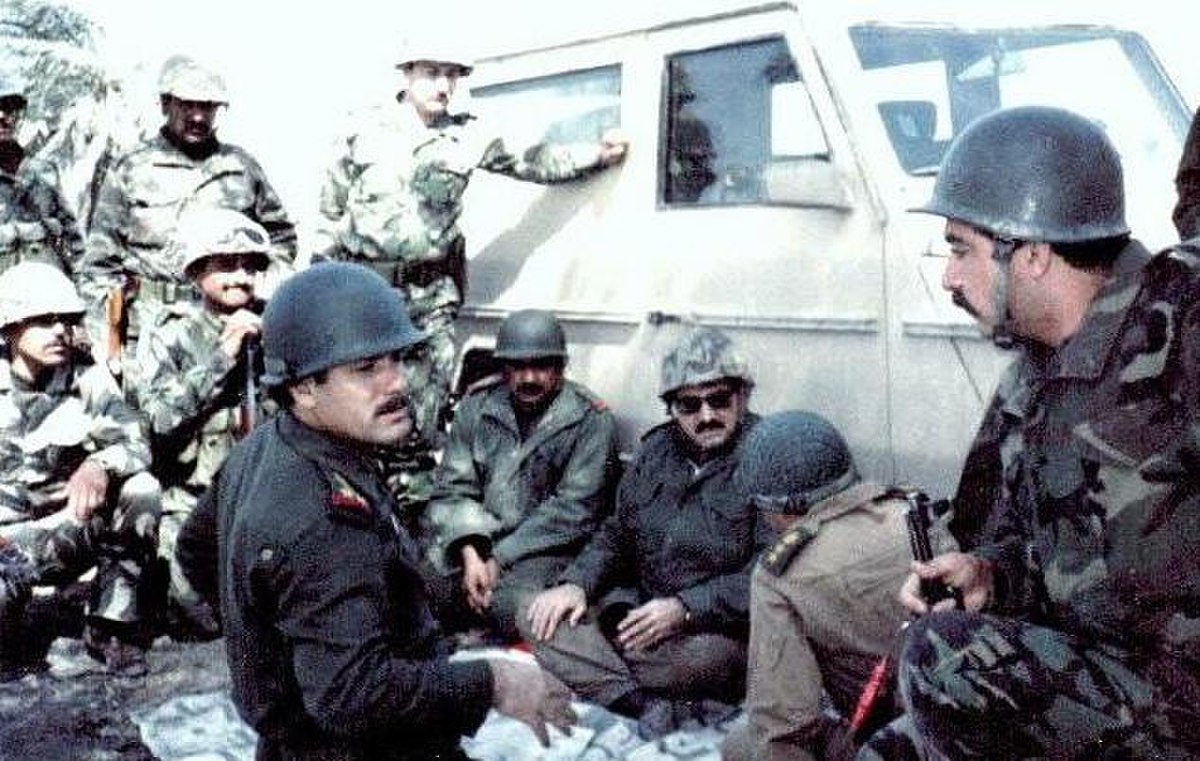
Iran-Iraq War
IranIraq's territorial ambitions towards its neighbors can be traced back to post-World War I plans by the Entente countries. In 1919-1920, when the Ottoman Empire was partitioned, there were proposals for a larger Arab state comprising parts of eastern Syria, southeastern Turkey, all of Kuwait, and border areas of Iran. This vision is depicted in an English map from 1920.
The Iran-Iraq War (1980-1988), also known as Qādisiyyat-Saddām, was a direct outcome of these territorial disputes. The war was costly and inconclusive, devastating Iraq's economy. Despite Iraq's declaration of victory in 1988, the outcome was essentially a return to pre-war boundaries.
The conflict began with Iraq's invasion of Iran on 22 September 1980. This move was influenced by a history of border disputes and concerns over Shia insurgency among Iraq's Shia majority, inspired by the Iranian Revolution. Iraq aimed to assert dominance over the Persian Gulf, replacing Iran, and received support from the United States.[58]
However, the initial Iraqi offensive achieved limited success. By June 1982, Iran had regained almost all lost territory, and for the next six years, Iran mostly held the offensive position. Despite UN Security Council calls for a ceasefire, the war persisted until 20 August 1988. It concluded with a UN-brokered ceasefire under Resolution 598, which both sides accepted. It took several weeks for Iranian forces to withdraw from Iraqi territory and respect the pre-war international borders as outlined in the 1975 Algiers Agreement. The last prisoners of war were exchanged in 2003.[59]
The war had a massive human and economic toll, with estimated half a million soldiers and civilians from both sides dying. Despite this, the war resulted in neither territorial changes nor reparations. The conflict mirrored World War I tactics, including trench warfare, use of chemical weapons like mustard gas by Iraq against both Iranian forces and civilians, as well as Iraqi Kurds. The UN acknowledged the use of chemical weapons but did not specify Iraq as the sole user. This led to criticism that the international community remained passive while Iraq used weapons of mass destruction.[60]
